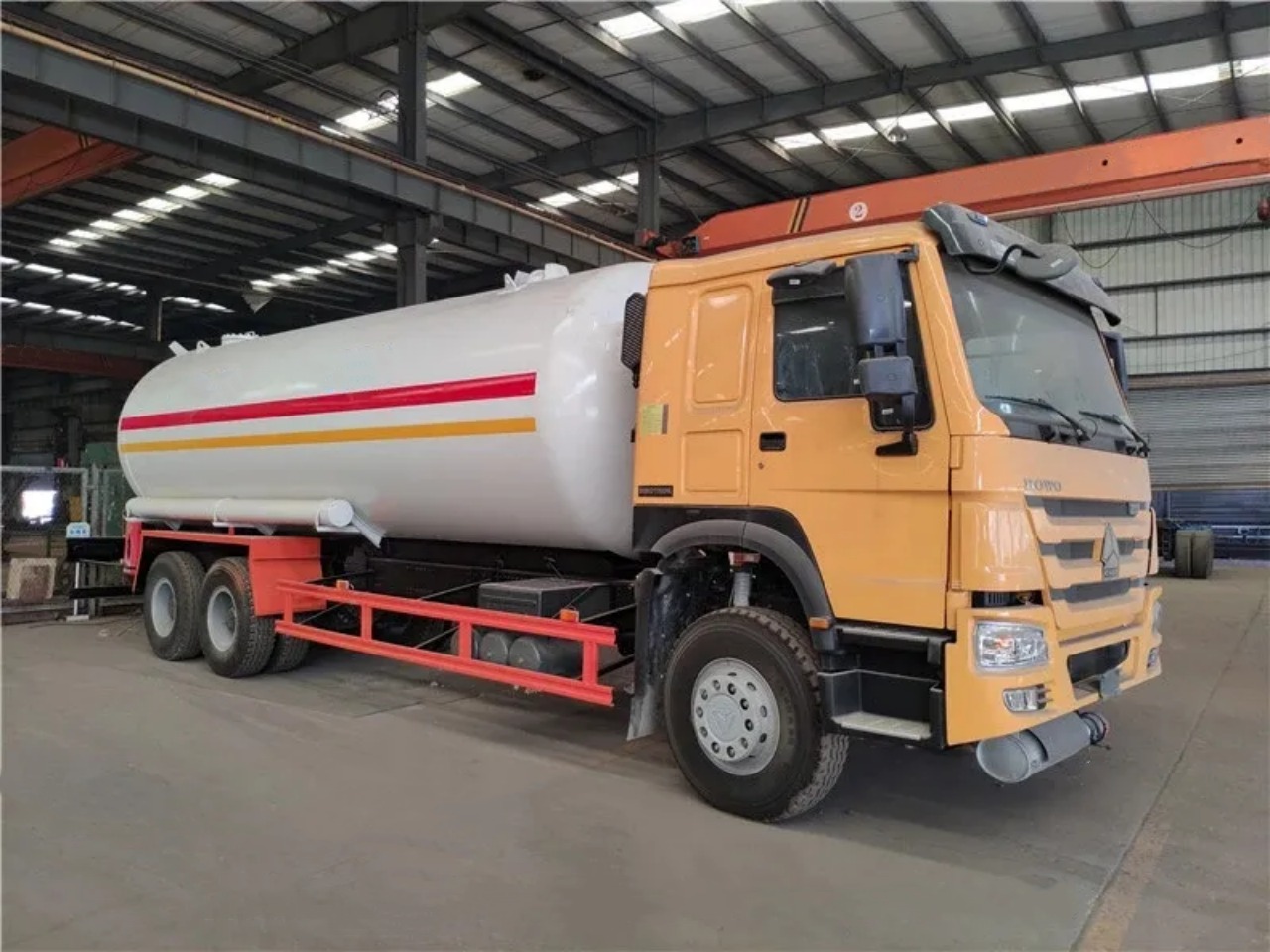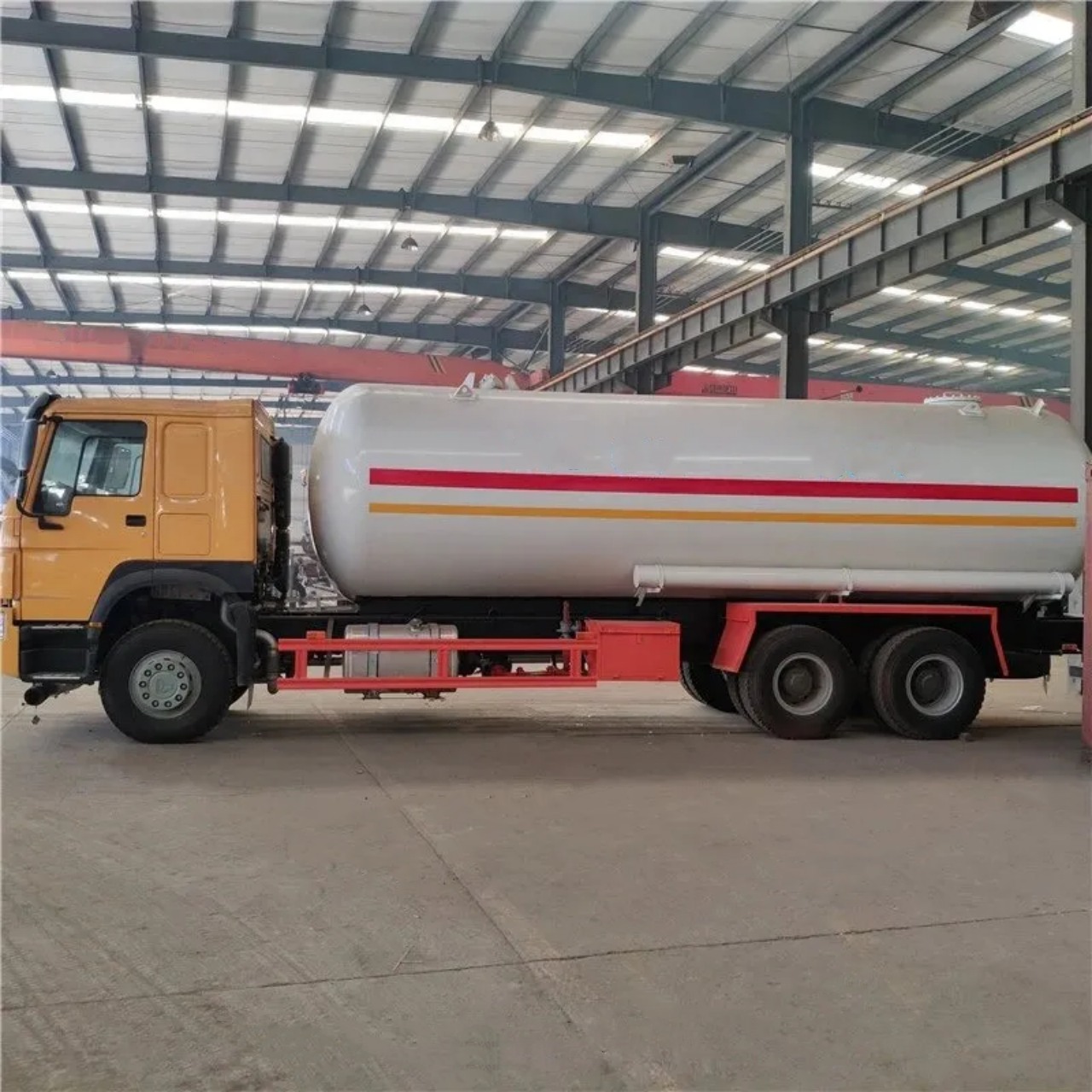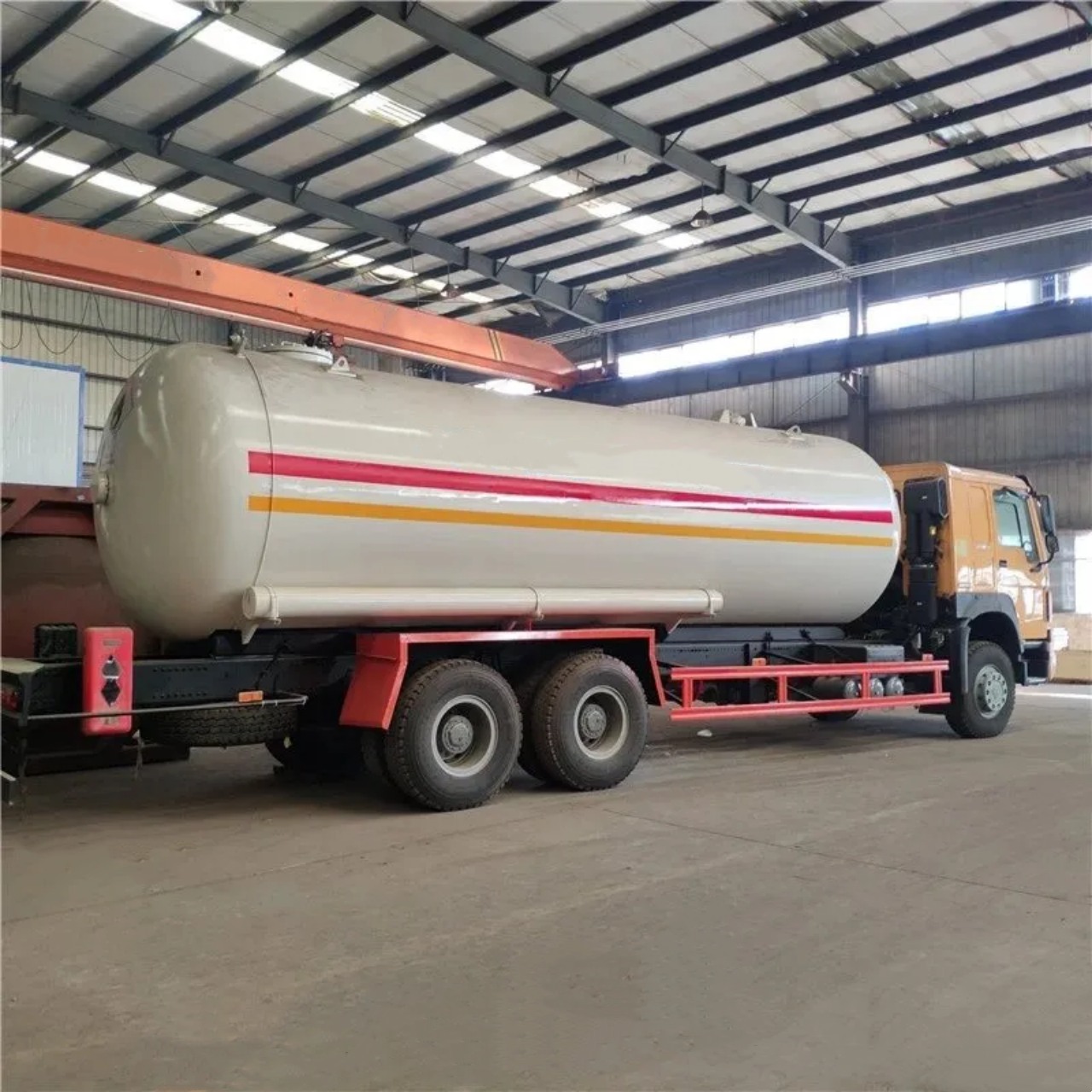How Long Does a 100-Pound Propane Tank Last on a Food Truck?
Food trucks have become an essential part of the modern culinary landscape, offering a wide range of gourmet meals on the go. Behind the scenes, however, the operation of a food truck depends heavily on energy sources to power cooking equipment, heat, and refrigeration. Propane is one of the most common fuels used in food trucks because of its versatility, affordability, and ability to generate consistent heat. For many food truck operators, a 100-pound propane tank is the standard size used, but a key question remains: how long does a 100-pound propane tank last on a food truck?
To answer this question, we need to break down the various factors that influence propane consumption and understand how much fuel is typically used by a food truck in a single day. By understanding the key variables, food truck owners can better plan for fuel usage, reduce downtime, and ensure they are operating as efficiently as possible.
Understanding Propane in Food Truck Operations
Propane is a popular choice for food trucks because it is clean-burning, cost-effective, and easily portable. It is used in food trucks to power several key components:
- Cooking Equipment: Grills, fryers, stoves, and ovens often run on propane. These appliances are typically the largest consumers of fuel in a food truck.
- Heating and Hot Water: Some food trucks also use propane to provide hot water for cleaning and cooking purposes. A propane-powered water heater or furnace is commonly used in colder climates to ensure the truck remains operational during chilly weather.
- Refrigeration: Though less common, some food trucks use propane-powered refrigeration systems to keep food fresh without relying on electricity.
The efficiency of propane usage depends on the type of equipment, the cooking time, and the heat settings.

What is a 100-pound Propane Tank?
A 100-pound propane tank is a large tank often used by food trucks, offering a significant amount of fuel. It typically holds approximately 23.6 gallons of liquid propane. When propane is used in its gas form, 1 gallon of propane weighs about 4.2 pounds. Therefore, a 100-pound propane tank contains about 23.6 gallons of usable fuel.
For comparison, a typical household BBQ grill might use a small 20-pound tank, which holds about 4.7 gallons of propane. A 100-pound tank is roughly equivalent to five of these smaller tanks.
Factors That Affect Propane Usage
There is no one-size-fits-all answer to how long a 100-pound propane tank will last on a food truck. Several factors play a role in how long a tank will last:
1. Type of Cooking Equipment
The amount of propane consumed depends on the type and number of cooking appliances on the food truck. For instance:
- A flat-top grill or griddle might consume around 1 to 2 pounds of propane per hour at medium heat.
- Deep fryers can consume anywhere from 2 to 5 pounds per hour, depending on their size and usage.
- Ovens typically use 2 to 4 pounds of propane per hour, depending on the temperature and how often they are used.
A food truck with multiple pieces of equipment, such as a griddle, fryer, and oven, will consume propane much faster than one with only a grill or stove.
2. Cooking Time and Frequency
How long the food truck is in operation each day plays a major role in determining how quickly the propane tank will run out. A truck operating for 8 to 10 hours a day is likely to consume more fuel than a truck that only operates for a few hours during lunch or dinner shifts.
The frequency of cooking cycles (i.e., how often the equipment is turned on and off) also impacts propane consumption. For instance, if a truck is constantly cooking food throughout the day, the propane tank will deplete faster.
3. Ambient Temperature
Propane consumption can be affected by weather conditions. In colder temperatures, the propane in the tank may have a harder time vaporizing, causing the appliances to work harder to maintain the desired temperature. In these conditions, the food truck may use more fuel to generate the same amount of heat.
4. Efficiency of Equipment
Not all cooking equipment is created equal. Some appliances are designed to be more energy-efficient, meaning they use less propane to produce the same amount of heat. Newer or well-maintained equipment will generally be more efficient than older, poorly maintained units. Also, propane-powered refrigerators, while efficient, tend to use much less fuel than cooking equipment.
5. Cooking Techniques
The types of food being prepared also impact propane usage. Dishes that require longer cooking times or higher heat will use more propane. For example, slow-cooked meats, which may need hours of cooking time, will consume more fuel than dishes that are cooked quickly on a high-heat grill.

Calculating Propane Usage on a Food Truck
Let’s consider a typical scenario where a food truck uses multiple pieces of equipment:
- A griddle: 1.5 pounds of propane per hour
- A deep fryer: 3 pounds of propane per hour
- A water heater: 1 pound of propane per hour
Assume the truck operates for 8 hours a day, and all the equipment is used simultaneously for the full duration. In that case, the total propane consumption for a day would be:
(1.5lbs/hr) + (3lbs/hr) + (1lb/hr) = 5.5lbs/hr
5.5lbs/hr × 8hrs/day = 44lbs/day
Given that a 100-pound tank holds 100 pounds of propane, you can expect the tank to last:
44lbs/day ÷ 100lbs ≈ 2.27days
Therefore, under these conditions, the 100-pound propane tank would last just over 2 days of full operation. Of course, the exact duration will vary depending on the factors mentioned earlier.
How to Maximize the Lifespan of a 100-Pound Propane Tank
While food truck owners cannot avoid the realities of propane consumption, there are several strategies they can use to extend the life of their propane tanks:
- Proper Equipment Maintenance: Regular maintenance ensures that equipment operates efficiently. Clean burners, well-maintained hoses, and optimal burner settings will help reduce propane consumption.
- Energy-Efficient Appliances: Upgrading to more energy-efficient cooking equipment or investing in high-efficiency propane appliances can help lower fuel usage.
- Cook in Batches: Try cooking in batches during slower periods to conserve fuel. For example, preparing several servings of food at once instead of constantly cooking throughout the day can reduce the amount of time equipment is running.
- Monitor Fuel Levels: Keep a close eye on propane levels and order a refill before running out completely. Running a food truck without adequate fuel can lead to downtime, which can affect the business’s operations.

Conclusion
The lifespan of a 100-pound propane tank on a food truck depends on various factors, including the type of cooking equipment, the truck’s operating hours, and environmental conditions. On average, a 100-pound propane tank can last anywhere from 2 to 5 days, but food truck owners must consider their specific usage patterns to accurately estimate fuel needs. By maintaining equipment, using energy-efficient appliances, and strategically planning cooking schedules, operators can ensure they are getting the most out of their propane tanks, minimizing downtime, and keeping their food trucks running smoothly.

